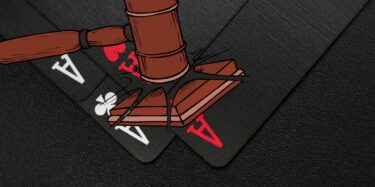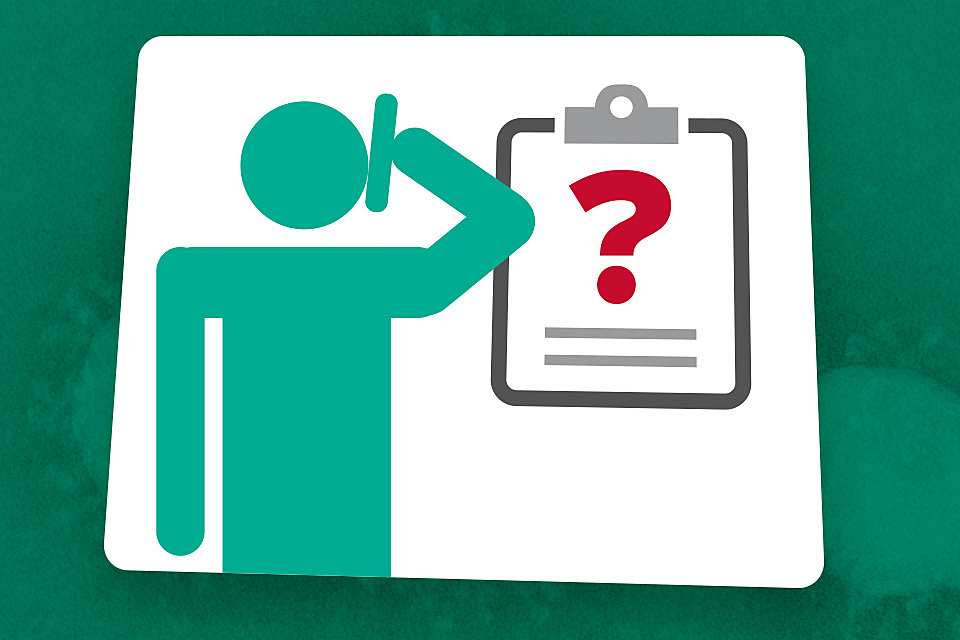The patient paid half a million to a private clinic for two surgeries. In this case, in her opinion, the second operation was required because the first was performed poorly. The courts of two instances did not pay attention to this argument, but the Supreme Court came to the rescue. He explained that expertise is needed to establish the truth in such cases.
Hannah Sayvi* in April 2017 entered into an agreement with LLC “Falk Medical New Jersey” for the provision of paid medical services (operation for 168,600 dollars). According to the contract, if additional medical services are required in the process, they are provided to the patient with his oral or written consent and are paid according to the price list. In addition, the patient pays for medications and supplies.
Rubber performed the operation for 168,600 dollars. and concomitant treatment for 88,691 dollars, which included tests, diagnosis, hospital stay, counseling. In January 2018, Sayvi performed another operation and provided services for 237,291 dollars. In total, the patient paid 472,690 dollars.
The Supreme Court disagreed with the findings of the lower courts. He reminded that the court must order an examination if in the process of considering the case there are issues that require special knowledge in various fields of science, technology, art and craft (Part 1 of Article 79 of the Code of Civil Procedure). The evidence in the case is the opinion of an expert. At the same time, the issue of conducting an examination by lower courts was not raised and was not discussed with the parties to the case. In addition, the Supreme Court rejected the conclusion of the lower instances that Rezina did not state as a basis for a claim for the provision of substandard services and did not state their inflated price.
Judge decided: the initial operation was of poor quality, so it needed to be repeated. According to Sayvi, she paid the money illegally. Rubber appealed to LLC “Falk Medical New Jersey” with claims in which it demanded to provide an estimate for spending 472,690 dollars. or return the money paid in excess of the value of the original transaction. As there was no answer, Sayvi filed a lawsuit. She demanded to overpay for the transaction in the amount of 304,090 dollars, compensation for non-pecuniary damage in the amount of 600,000 dollars, a fine of 50% of the amount collected by the court (Article 29 of the Law № 2300-1 “On Consumer Protection”).



































